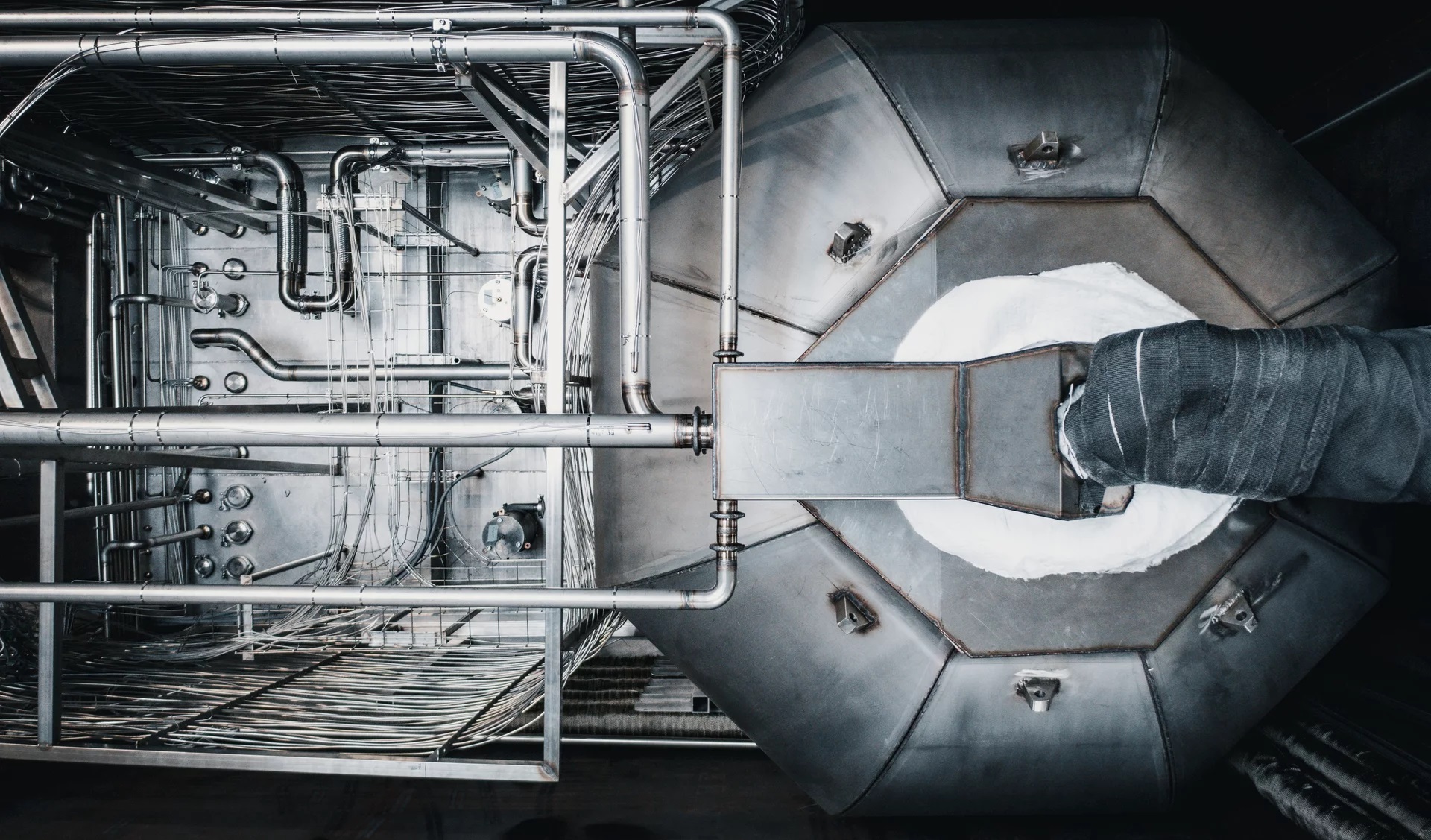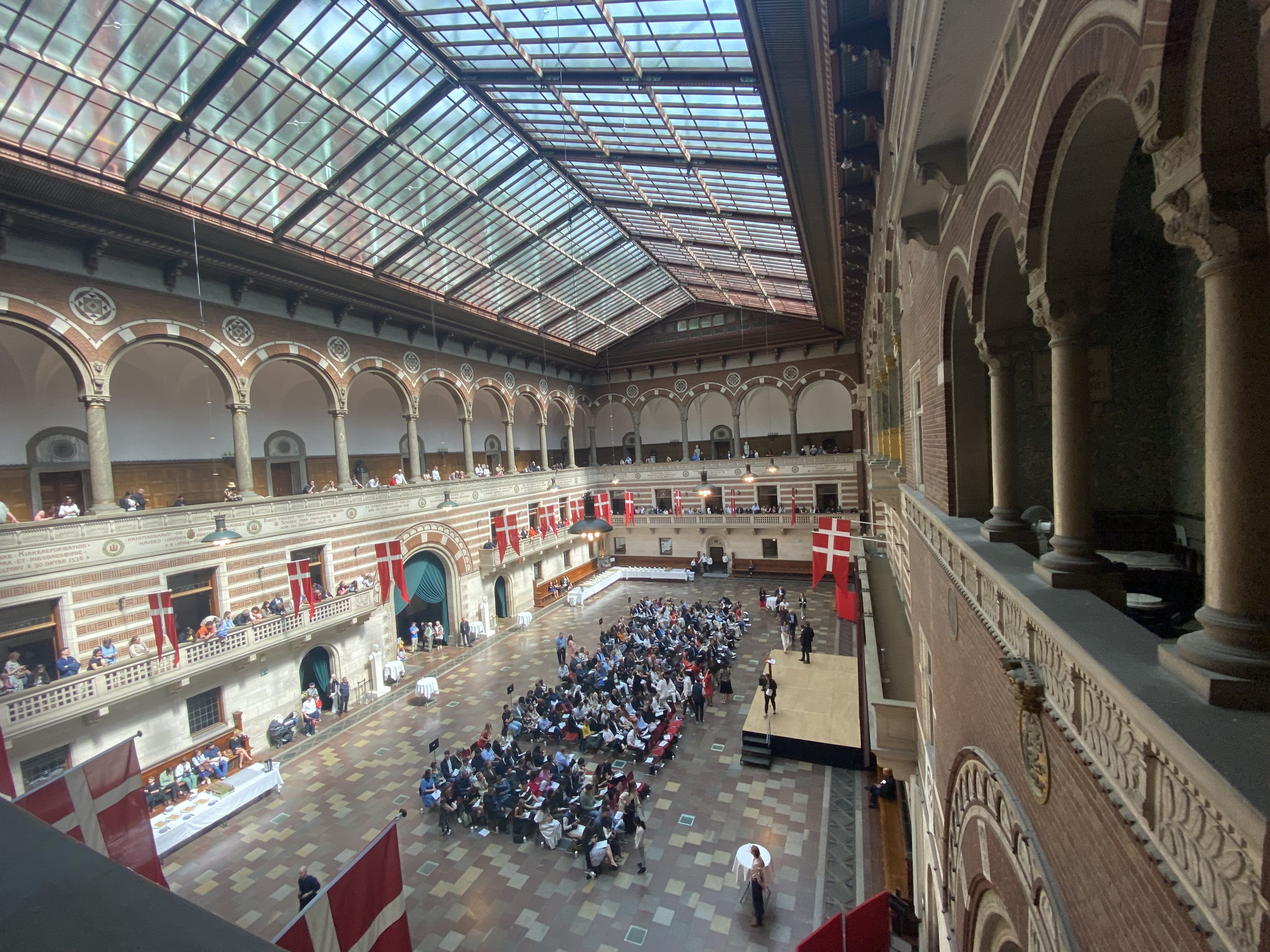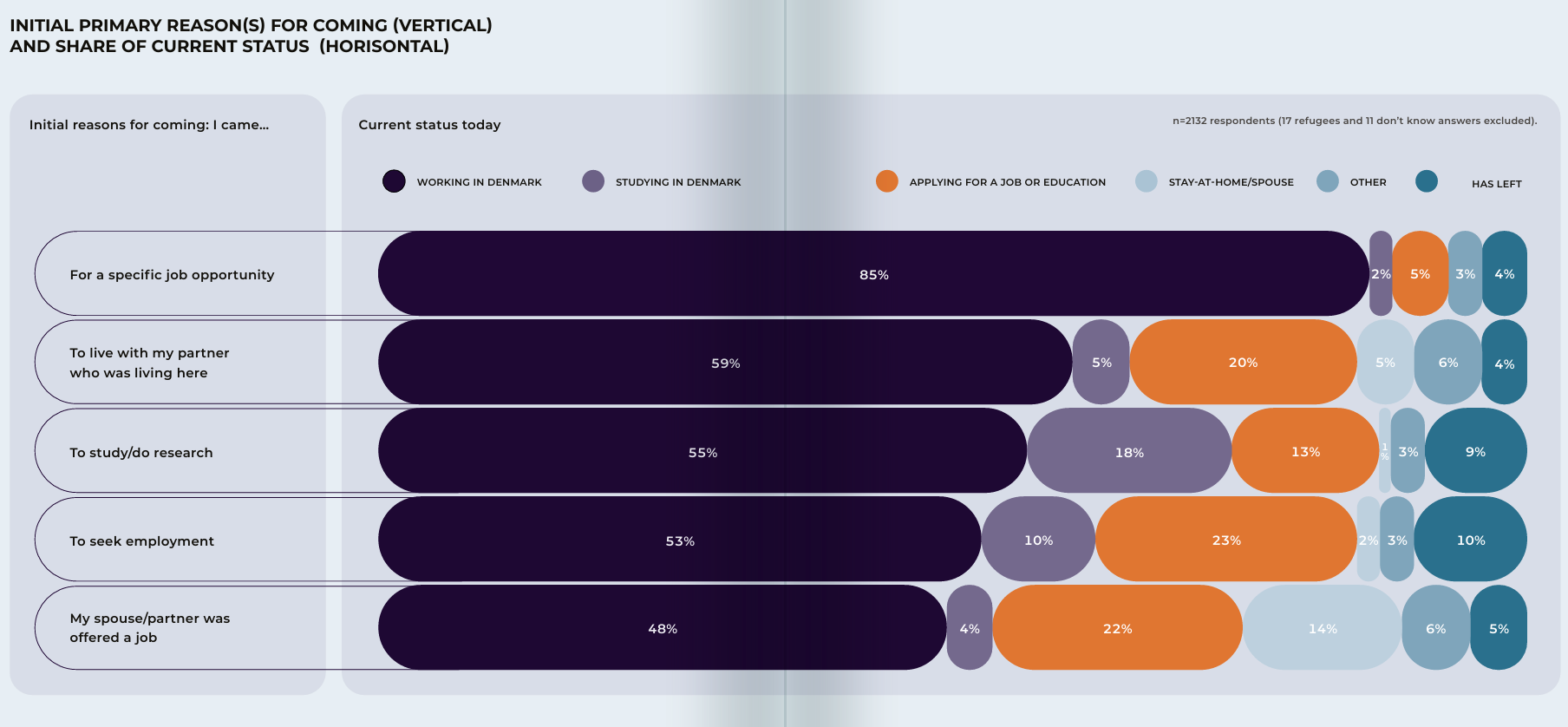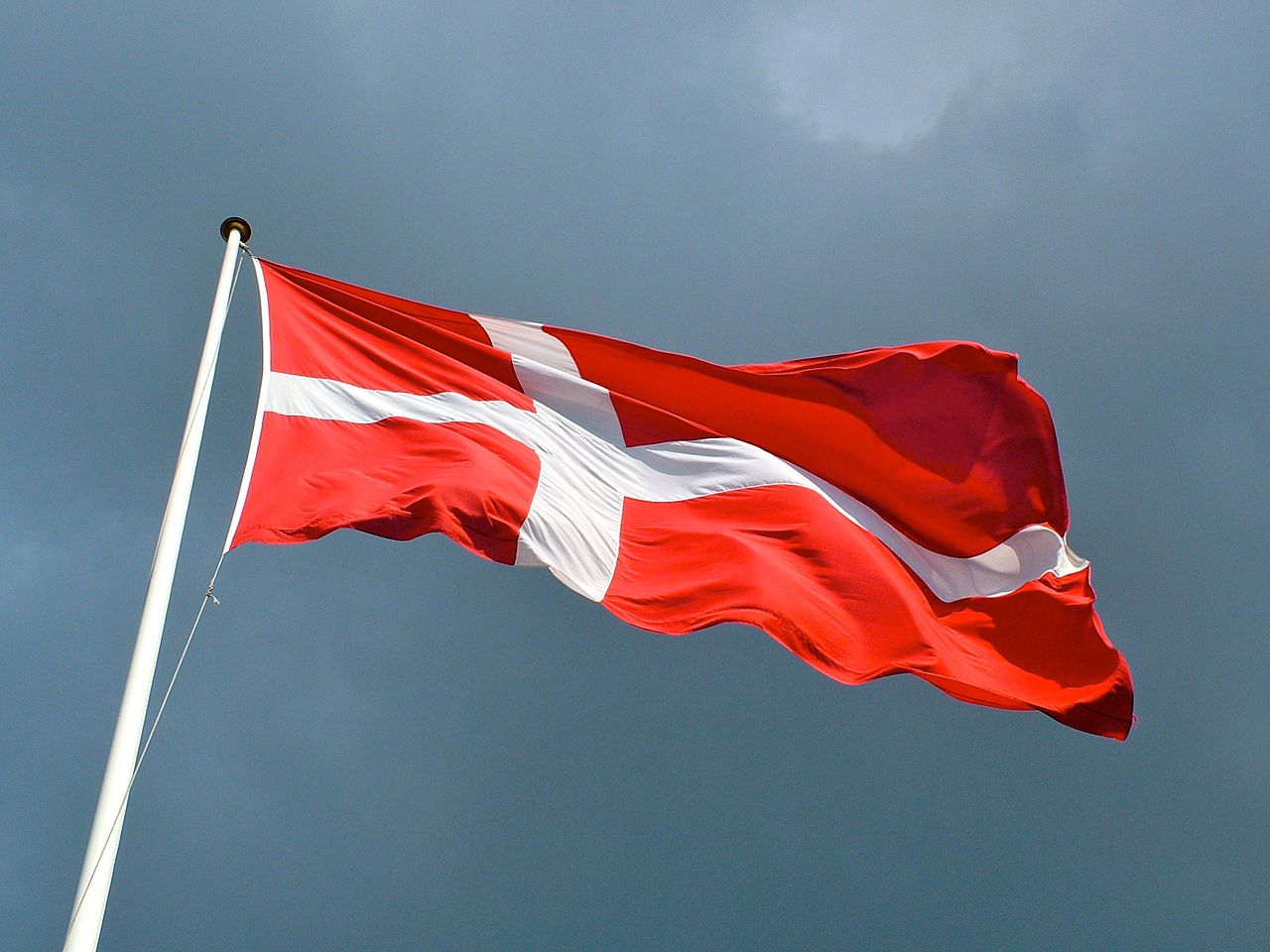Denmark’s Copenhagen Atomics and the Swiss Paul Scherrer Institute have launched a four-year partnership to conduct the first critical experiment on thorium molten salt nuclear reactors in Europe. PSI says the work will “position Europe at the forefront of advanced nuclear reactors”.
Specifically, the experiment will focus on validating new molten salt reactor technology – Copenhagen Atomics’ area of expertise.
For decades, researchers have been developing designs for both fission and fusion nuclear reactors using molten salts as fuels or coolants.
In a molten salt reactor, nuclear fuel – primarily uranium or thorium – is mixed with molten salt, in contrast to existing reactor technologies that use solid fuel.
The molten salt is more robust to high temperatures and levels of radiation than the solid fuel solvents. This means it offers more efficient electricity generation, hydrogen production and district heating, while reducing the need for thick, heavy vessel manufacture, thereby lowering construction cost.
Some designs can even eliminate nuclear waste, as the nuclear fuel-molten salt mix can be treated with a pyrochemical process to separate out the reusable components of the fuel from the waste.
But these significant safety and performance advantages come with a catch: Molten salt and the impurities within it can corrode metals, causing them to crack, weaken, and fail.
Copenhagen Atomics and PSI say their experiments will generate valuable experience in “design, construction, licensing, operation, and decommissioning” of the technology so that it can be deployed commercially, “with open source data for validation of reactor modelling tools”.
The head of PSI Hot Laboratory Marco Streit welcomed the Danish partnership: “Personally, I am very glad that Copenhagen Atomics has decided to work with PSI as a collaboration partner to prove the feasibility of their vision here at our institute,” he said in a press release.
CTO of Copenhagen Atomics Aslak Stubsgaard expects the partnership to advance the field of nuclear technology.
“We’re very excited to work on advancing molten salt reactor technology together with PSI, who come with world-class expertise, experience, and facilities to conduct large-scale nuclear experimental work,” he said.
PSI and Copenhagen Atomics say the thorium molten salt critical experiment will be conducted in 2026.
Paul Scherrer Institute
PSI is the largest research institute for natural and engineering sciences in Switzerland, conducting cutting-edge research in four main fields: future technologies, energy and climate, health innovation and fundamentals of nature.
PSI develops, builds and operates complex large research facilities and is Switzerland’s centre of excellence in nuclear energy research and safety.
Copenhagen Atomics
Copenhagen Atomics has been developing its molten salt reactor technology for close to a decade and has now matured the technology to the point where thorium molten salt critical experimental testing is needed.
Copenhagen Atomics is already producing and testing full-scale test reactor prototypes at their headquarters in Copenhagen along with dozens of smaller-scale loop tests and salt production.












